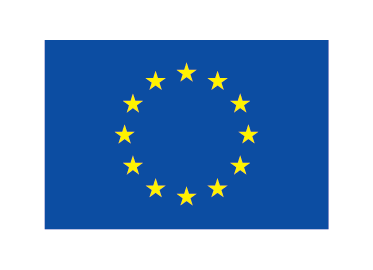The main objective of the RIA PIONEERED is to determine research-informed policy measures and identify pioneering policies and practices to mitigate (intersectional) inequalities in access to, uptake and completion of education, both in formal and informal educational settings. This involves a) mapping emerging and existing sources of educational inequalities over the course of educational careers from early childhood to tertiary education, b) mapping responses to inequalities as pioneering policies and practices from a comparative perspective, and c) synthesising the findings and identifying the most promising tools, pioneering policies and practices within and across European countries. This is achieved by an interdisciplinary and mixed-method strategy including multilevel, intersectional, and life course approaches. The research design relies on four key pillars: A first pillar aims at developing an innovative methodological framework and reviewing the state-of-research. A second pillar centres on a policy analysis on which inequalities and vulnerable groups are addressed by national (or regional) policies, and how polices attempt to reduce inequalities. A third pillar focuses on analyses of new and existing data to identify intersectional inequalities throughout educational careers and drivers of such advantages and disadvantages. A fourth pillar centres on practice research in schools and informal educational settings and analyses the ways through which educational inequalities are tackled by different actors. With these objectives and comprehensive research strategy, PIONEERED thoroughly addresses the challenges identified in the H2020 work programme Europe in a changing world – Inclusive, innovative and reflective societies by providing evidence-based and customised policy tools, specific to various stages of education and target groups in order to enhance access to education among vulnerable children and youth and to reduce educational inequalities.
